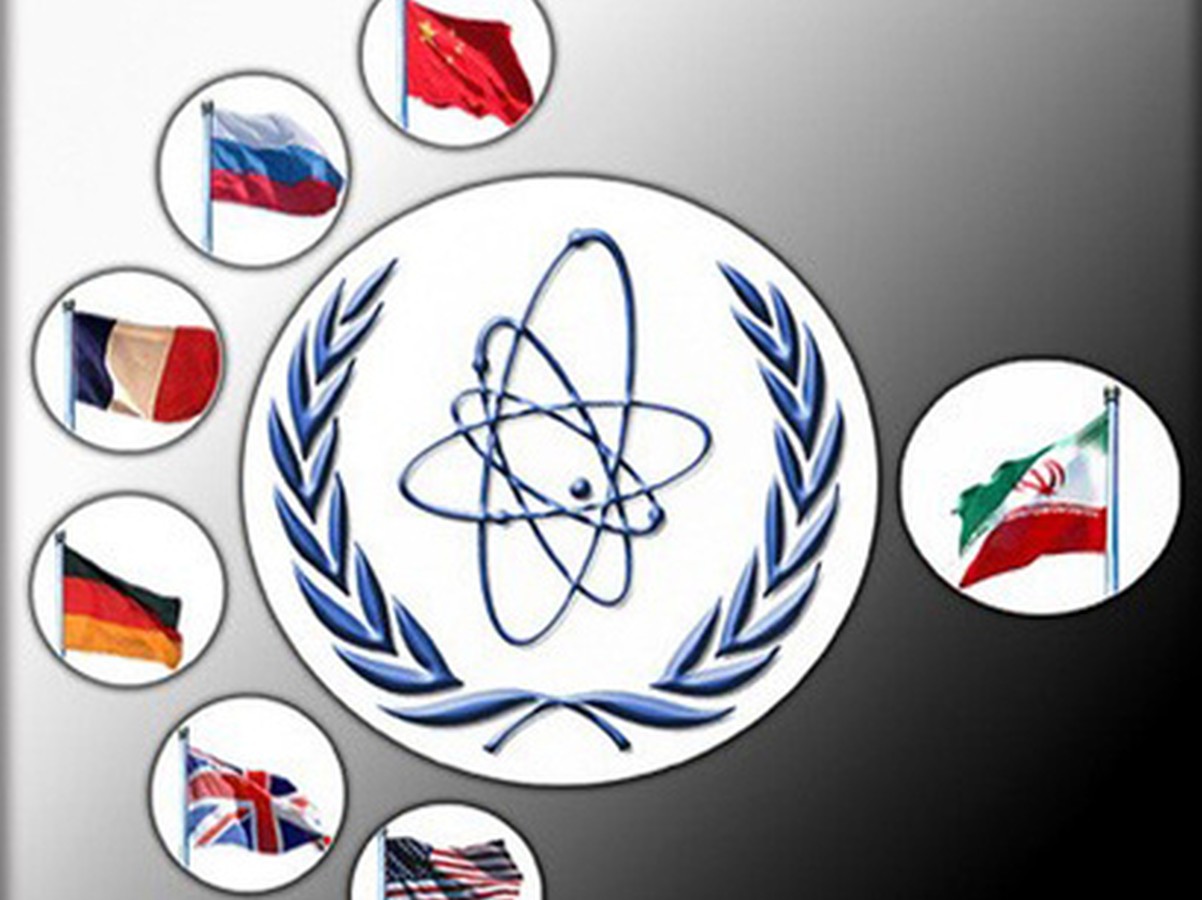By Russia Today
24 November, 2013
@ RT.com
The P5+1 world powers and Iran have struck a historic deal on Tehran’s nuclear program at talks in Geneva on Sunday. Ministers overcame the last remaining hurdles to reach agreement, despite strong pressure from Israel and lobby groups.
Under the interim agreement, Tehran will be allowed access to $4.2 billion in funds frozen as part of the financial sanctions imposed on Iran over suspicions that its nuclear program is aimed at producing an atomic bomb.
As part of the deal Iran has committed to:
– Halt uranium enrichment to above 5 per cent.
– Dismantle equipment required to enrich above 5 per cent.
– Refrain from further enrichment of its 3.5 per cent stockpile.
– Dilute its store of 20 per cent-enriched uranium.
– Limit the use and installation of its centrifuges.
– Cease construction on the Arak nuclear reactor.
– Provide IAEA inspectors with daily access to the Natanz and Fordo sites.
Iran’s foreign minister, Javad Zarif, called the deal a “major success” and said Tehran would expand its cooperation with the International Atomic Energy Agency (IAEA).
While Iranian President Hassan Rouhani announced that the deal reached in Geneva shows that world powers have recognized Tehran’s “nuclear rights.”
“Constructive engagement [and] tireless efforts by negotiating teams are to open new horizons,” Rouhani said on Twitter shortly after the announcement.
Foreign ministers from the US, Russia, UK, France, China, Germany and the EU hailed the deal as a step toward a “comprehensive solution” to the nuclear standoff between Tehran and the West. The interim deal was reached early Sunday morning in Geneva after some 18 hours of negotiation.
“While today’s announcement is just a first step, it achieves a great deal,” US President Barack Obama said in a statement at the White House. “For the first time in nearly a decade, we have halted the progress of the Iranian nuclear program, and key parts of the program will be rolled back.”
However, Obama said that if Iran fails to keep to its commitments over the next six months, the US will “ratchet up” sanctions. US Secretary of State John Kerry, a key participant in the Geneva talks, said that Iran still had to prove it is not seeking to develop atomic weapons.
Tehran has repeatedly denied that it is developing atomic weapons, however, and maintains that its nuclear program is purely for civilian purposes.
Uranium enrichment
As part of the agreement, the international community has accepted Tehran’s right to a peaceful nuclear program. But after the deal was struck, participants in the Geneva talks put different interpretations on the issue of Iran’s right to enrich uranium.
Iran’s Deputy Foreign Minister Seyed Abbas Araghchi wrote on Twitter that the right to enrichment had been recognized in negotiations, and after the deal was clinched Russian Foreign Minister Sergey Lavrov said the deal accepted Tehran’s right to enrich uranium.
“This deal means that we agree with the need to recognize Iran’s right for peaceful nuclear energy, including the right for enrichment, with an understanding that those questions about the [Iranian nuclear program] that still remain, and the program itself, will be placed under the strictest IAEA control,” Lavrov told journalists.
John Kerry had a different spin on the deal, however, telling the media that it did not recognize Tehran’s right to enrich nuclear fuel.
“The first step, let me be clear, does not say that Iran has a right to enrich uranium,” Kerry said.
Israel has already voiced its opposition to the deal with Iran, claiming it is based on “Iranian deception and self-delusion.” Prime Minister Benjamin Netanyahu condemned the agreement as a “historic mistake” and said the world had become a more dangerous place.
© Autonomous Nonprofit Organization “TV-Novosti”, 2005–2013.

